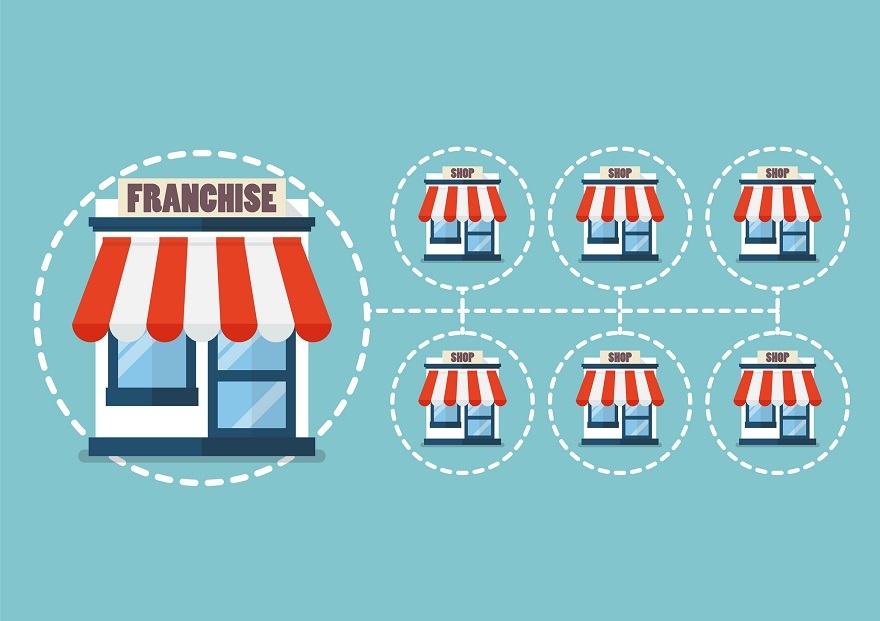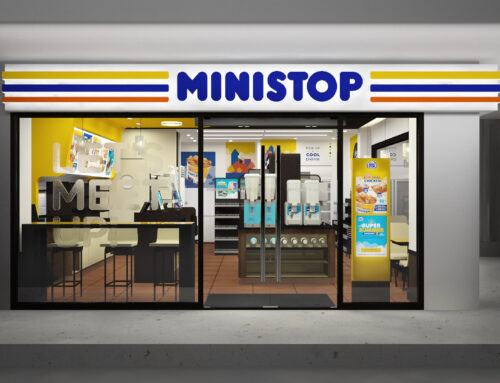Franchising is a marketing ploy, frequently practice by many companies who hopes to expand their business ventures by inviting other parties on investing on their brand name through royalty fees, franchise fees, etc. in exchange of providing the franchisee legal rights to use the name of the brand to distribute goods and services offered by the company.
Since franchises provides the franchisee to operate under a reputable brand name; successful, business model; together with a proven and tested management and operation system – it is no wonder that instead of starting from scratch, applying for a franchise had become a preferred option by many aspiring business owners.
Brief History of Franchising
Before franchise became a more business-type relationship between franchisor and franchisee which we know today — the records of franchise can be traced as far back as the middle ages, where people of power are payed for others to be granted protection and permission to operate ferries, markets, etc. which makes this relationship more political than business as what we know today.
It was only later around the middle of 19th century in Germany, where a similar system of today’s franchise was born. It was the time when a local German brewing company made contracts with local taverns to permit them to sell their products, and this also includes using the company’s trade name known as SPATEN; A set-up which is close to the current franchise system utilize by businesses.
By the middle of the 20th century people started having more ease of access to information to big companies using the rising television commercial; Products and people also saw improvement in travel experience due to transportation development; Together with the increasing franchises of big fast-food establishments, the business industry saw a franchise boom.
The Key Factors of Franchising
The franchising system had gone reforms throughout history but today franchise have a more well-established system, which help us to distinguished the definition of franchise, and below are the three (3) key factors which can help define what franchise is.
Marketing and Operation Support
Franchise is a support system between the franchisor and the franchisee. The franchisor provides the necessary support to help the franchisee operate. Franchise at its core is to provide and receive support to execute business ventures successfully. And some of the most common ways franchisor do that is by the following:
- Providing franchisee to work under an established brand name.
- Assistance for site selection and development.
- Training for both the franchisee and staff of the franchise.
- Research and development for new products and services
- Pre-operational and continuous system support
Franchise and its Cooperative Work
Being a part of a franchise meant that a franchisee will not only work as an individual; Instead, franchising is an act of cooperative work where the franchisor and franchisees all work together in achieving the same goal, which is to dominate the market space against their competitors, utilizing utilizing the marketing and operating system provided by the franchisor.
Franchise is a Relationship Between Franchisor and Franchisee
Establishing a franchise contract is also a relationship of trust— trust that both parties aims to achieve the same mission and vision as they thread the market space. The franchisee must always take into account the goals of the franchisor they’re entering a contractual relationship with, as conflicting goals may result in an unsuccessful business venture.








Leave A Comment